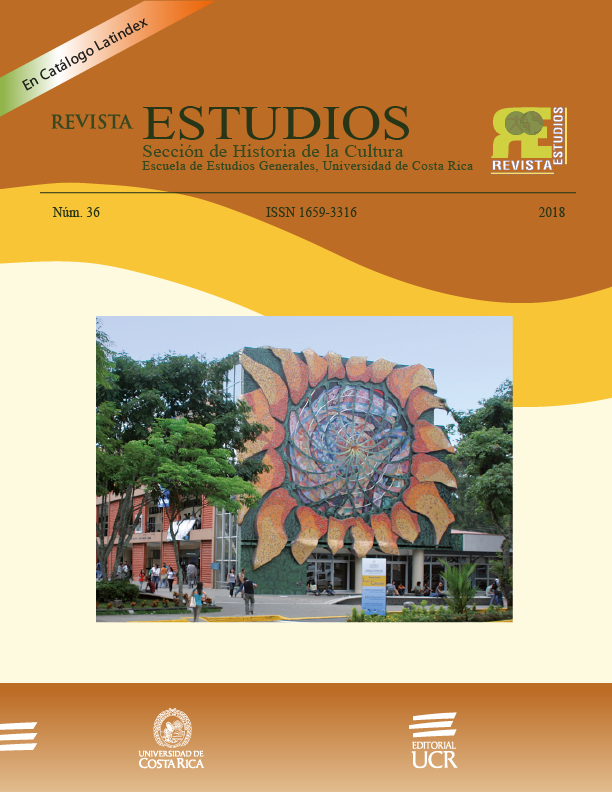Abstract
In the present article I intend to analyze the educational conception of Theodor W. Adorno because it allows us to understand the current relevance of the concept of autonomous human being in the era of capitalist society. Here I recover the thought of Adorno who belonged to the Frankfurt School and who along with his prime representatives Max Horkheimer and Herbert Marcuse, criticized the prevalence of positivist science and the degree to which it became a powerful paradigm of ideology education of the twentieth century and the twenty-first century. In this article I am guided by the thesis that education should be focused on emancipation (moral autonomy), on the human being, and on overcoming barbarism, awareness and disenchantment. The text focuses on the following problems: a) what are the constitutive features of a humanist and emancipatory formation? b) How can be argued that emancipatory formation is really necessary in a capitalist society that rarely strives to recognize the dignity of its citizens?
References
Adorno, T. (1998). Educación para la emancipación. Madrid: Ediciones Morata.
Carr, W. (1998). Teoría crítica de la enseñanza (La investigación acción en la formación de profesorado). Barcelona: Ediciones Martínez Roca.
Friedman, G. (1986). La filosofía política de la escuela de Frankfurt. México: FCE.
Jay, M. (1991). La imaginación dialéctica. Unahistoria de la escuela deFrankfurt. Madrid: Taurus.
Horkheimer, M. (2000). Teoría tradicional y teoría crítica. Buenos Aires: Editorial Paidós, I.C.E. / U.A.B.
Marcuse, H. (1983). Eros y civilización. Madrid: SARPE


